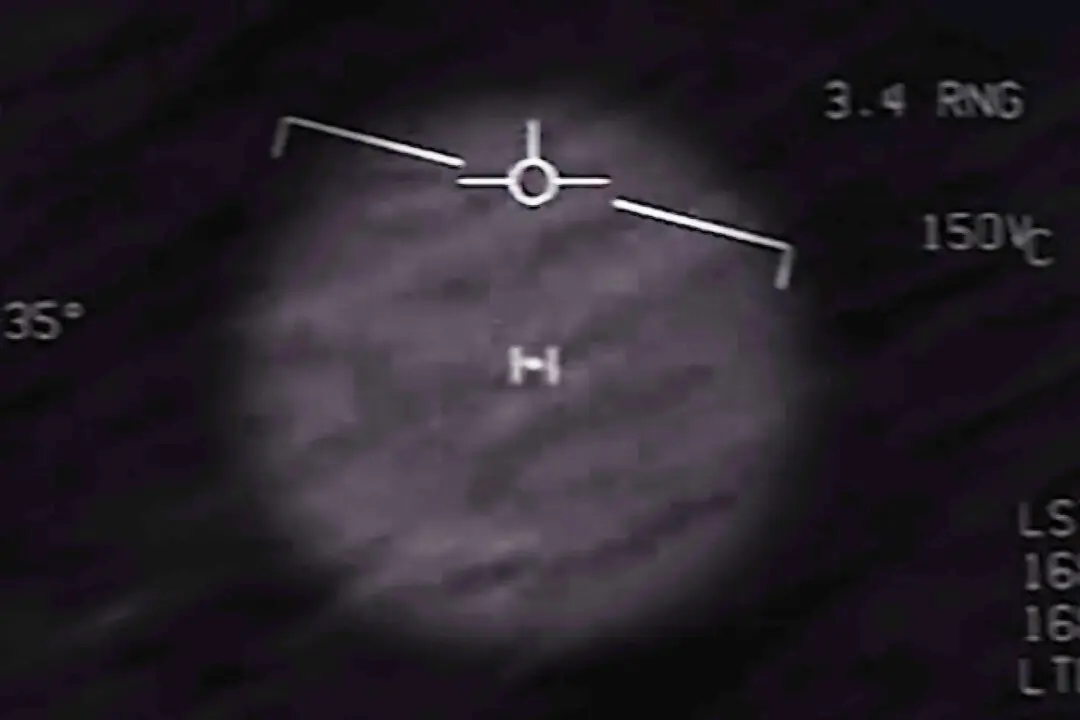An MS-13 gang member who was part of a larger group operating in Nashville, Tennessee, was sentenced Thursday for his involvement in several murders, drug trafficking, and other crimes, U.S. officials announced.
The Department of Justice (DOJ) did not identity which gang member was sentenced, stating only that the gang member was the last to be sentenced in a group of 18 who were subject to a yearslong investigation involving federal, state, and local law enforcement.





